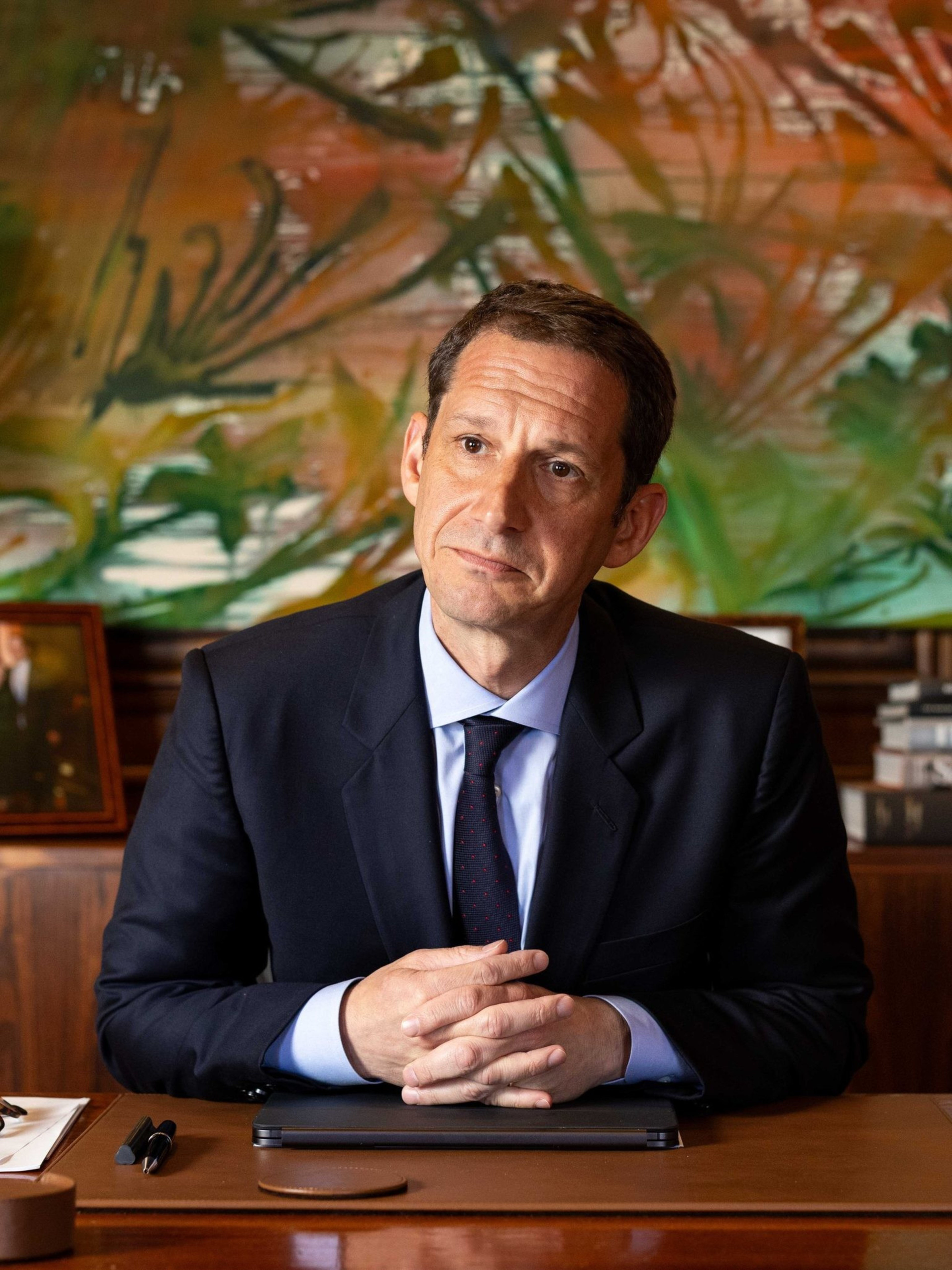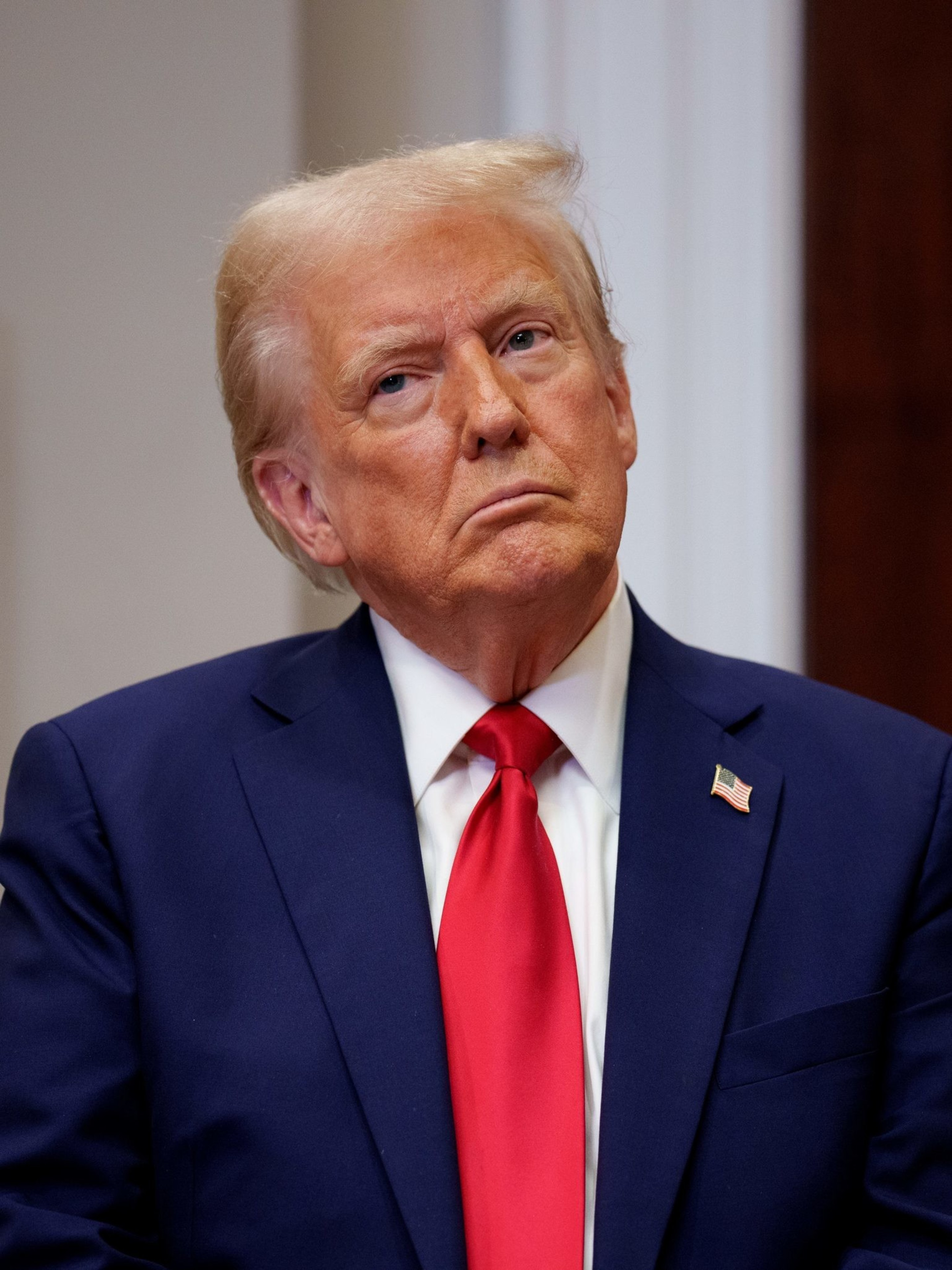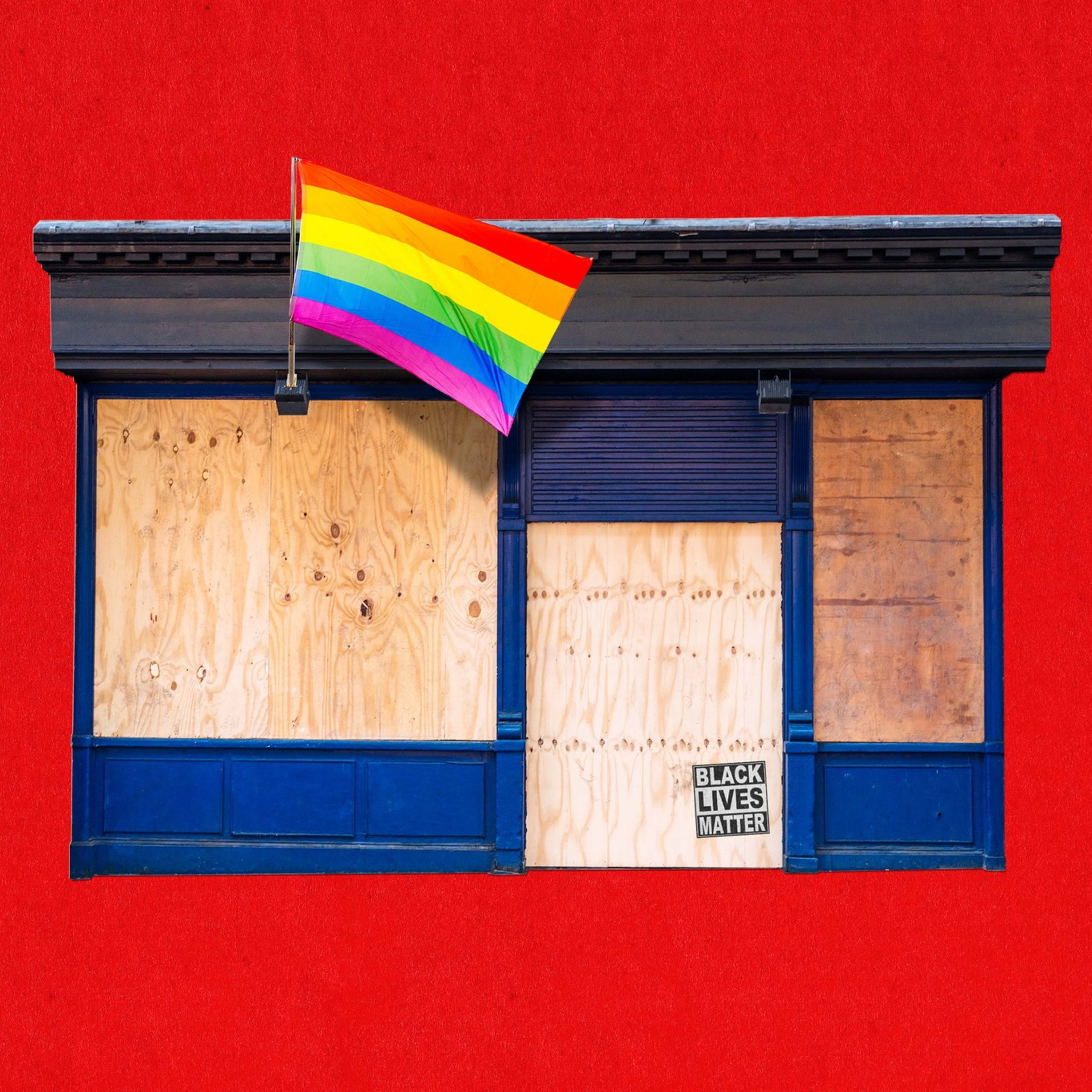San Francisco has spent the last decade embedding diversity, equity, and inclusion into nearly every aspect of local government, from launching the country’s first department on transgender issues to redirecting tens of millions of dollars toward Black community organizations.
Now, with Donald Trump back in the White House, city officials are quietly reexamining the practice with the expectation that the president could turn his ire toward San Francisco’s extensive DEI programs.
The city attorney’s office has issued a slew of confidential memos in the last few months covering everything from how to discuss — and not discuss — the Trump administration to guidance on responding to federal inquiries, according to sources who shared the contents of these messages. Chief among its concerns are the extensive DEI programs and contracts that became a priority in City Hall in 2020 amid nationwide protests over racism. Any missteps could leave San Francisco vulnerable to massive cuts in federal dollars.
Upon assuming office in January, Trump signed an executive order (opens in new tab) directing federal agencies to dismantle all DEI policies and programs. His administration also has attempted to bring dozens of universities to heel by threatening to withhold billions of dollars in grants, citing protests it views as antisemitic and DEI programs it assails as unlawful. The administration even targeted K-12 schools as purveyors of DEI.
“There has been a real palpable fear of the grants that we rely on from the feds going away entirely,” said a city source. “We know the feds are looking for any kind of excuse. They’re on the warpath.”
City attorney David Chiu told The Standard that most San Francisco residents “recognize the unprecedented threat that Donald Trump poses to our city, values, and funding.” He called the White House’s actions “illegal and unconstitutional,” while noting that his office has sued the Trump administration four times since January.
“Any competent attorney would take similar steps to prepare their clients for the creeping threat of authoritarianism and encourage clients to be thoughtful in their public statements,” Chiu wrote.

On top of instructions on how to identify and flag federal inquiries about contracts and grants, the city attorney’s office has instructed departments to comb through their programs and contracts to ensure they don’t become legal liabilities under Trump’s anti-DEI stance.
At the same time, attorneys have tried to offer reassurances about the city’s commitment to inclusion.
In one Feb. 27 email with a memo titled “Overview of executive actions impacting the trans and broader LGBTQ+ community,” the city attorney’s office called Trump’s executive order on the transgender community “cruel” and “not based on scientific fact or supported by medical evidence.”
In a Feb. 12 memo regarding communications, City Hall workers were instructed to avoid “sharing individual data or detailed demographic information about vulnerable populations in public statements.” They were also told never to suggest that San Francisco would interfere with “lawful federal actions.” Employees were reminded that their communications are subject to public records requests.
A memo dated Jan. 28 told employees to consult with the city attorney’s office when drafting internal communications about federal matters and to “not create panic” from rumors or unconfirmed reports about Trump’s actions.
In a lawsuit filed this month, a former city department head claimed that city attorneys told her to purge DEI-related materials. Other city employees described the process more as legal guidance on how to clean up websites and ensure they don’t put a legal bullseye on San Francisco’s back.
A fight that comes down to dollars
Starting in 2020, few U.S. cities committed more resources to DEI than San Francisco. The city created an Office of Racial Equity and tasked more than 50 departments with creating work groups to study incidents of racism, harassment, and stigma before coming up with racial equity action plans. Hundreds of employees spent tens of thousands of hours creating these plans and undertaking new training programs.
The scope of this work was so sweeping that San Francisco officials say it’s impossible to quantify how much time and taxpayer money went into creating the new DEI era of governance.
Throughout last year’s presidential race, Trump attacked DEI policies as “anti-white” racism. Since returning to the White House, he has targeted elementary schools, private universities, and public agencies with federal funding cuts while threatening penalties for companies that receive grants and contracts from the government. Numerous lawsuits have been filed in response to the threats, while federal judges have blocked some orders from taking effect.


For his part, Mayor Daniel Lurie has diligently avoided publicly uttering the president’s name or wading into national controversies. Lurie declined The Standard’s interview requests through a spokesperson, but his office issued a statement noting that he has attended rallies in support of immigrants, hosted community roundtables at City Hall, and met privately with queer and transgender youth.
“He is in direct communication every single day with city and community leaders who are on the front lines so they can share how we can most effectively support them,” a Lurie spokesperson said.
The city is facing a budget deficit of more than $800 million, and potential cuts in federal funding would make it much more difficult to address homelessness and public health needs, as well as meet housing goals. Lurie told The Standard this month that the Trump administration’s actions could multiply the budget shortfall to an eye-popping $2 billion, considering the costs of federal litigation, airport capital project cuts, and funding streams drying up for the Human Services Agency and other departments. The city is also seeking a $147 million reimbursement from the Federal Emergency Management Agency for Covid-era homeless shelters.
Federal judges and state-led lawsuits, so far, have pumped the brakes on the president’s threats to cut funding.
Last week, a San Francisco federal judge blocked the Trump administration’s efforts to slash funding for cities that aren’t complying with its hardline immigration policies. California has also joined a multi-state lawsuit (opens in new tab) challenging the White House’s quest to rid public schools of DEI material or face funding cuts.
Despite the legal pushback, concerns about San Francisco becoming the next name on Trump’s hit list are coursing through City Hall.
“The federal administration has a very clear desire to take away as much money as possible,” said one City Hall source. “I think he’s all about using that money as leverage.”

